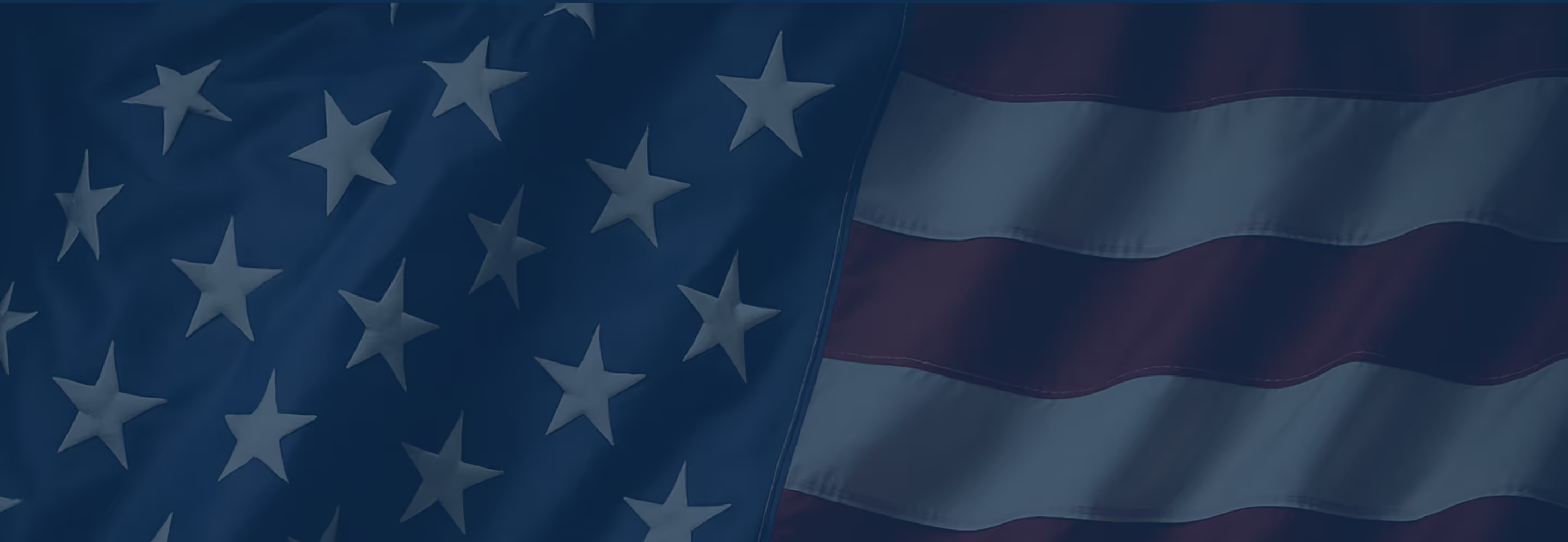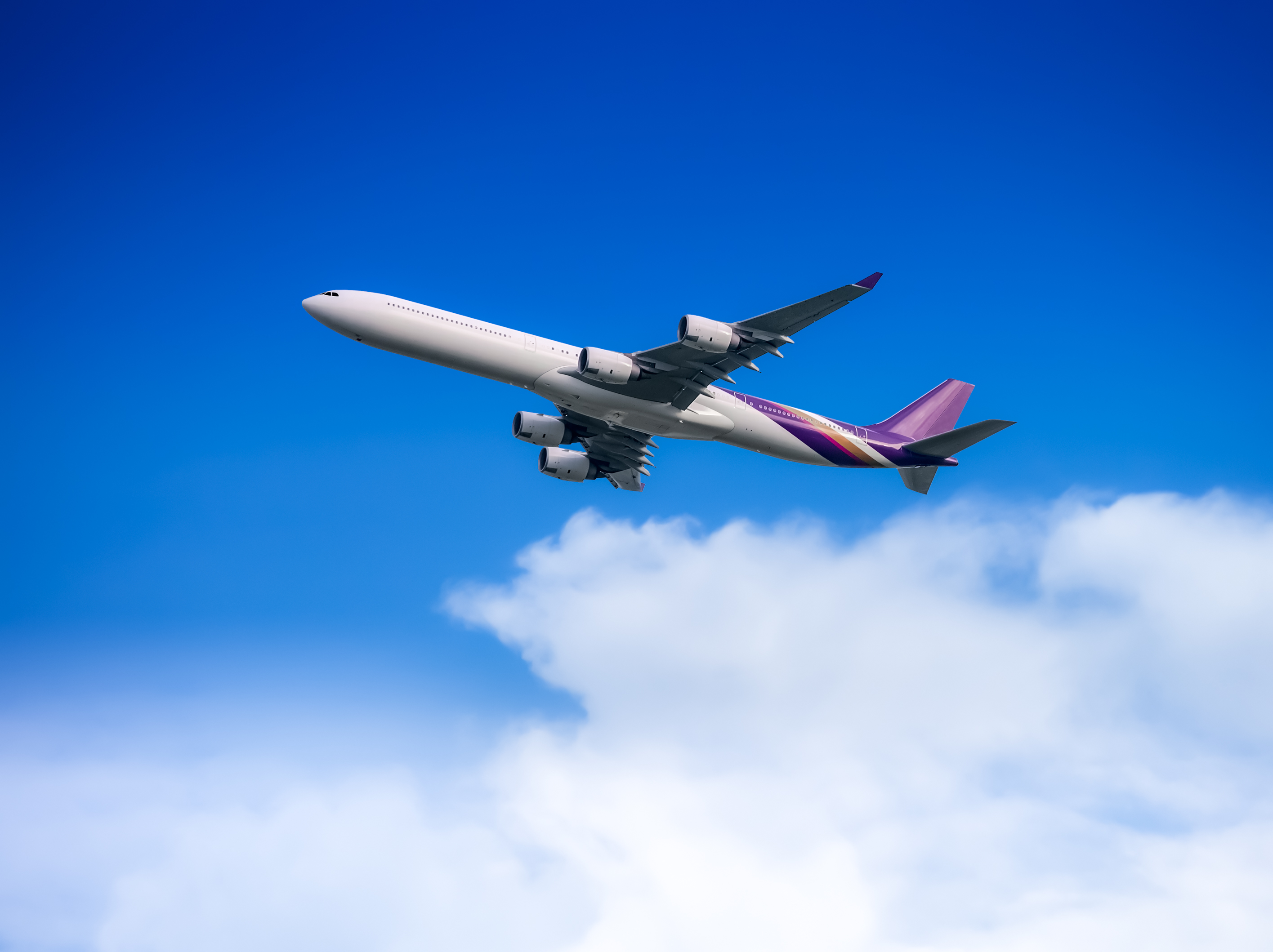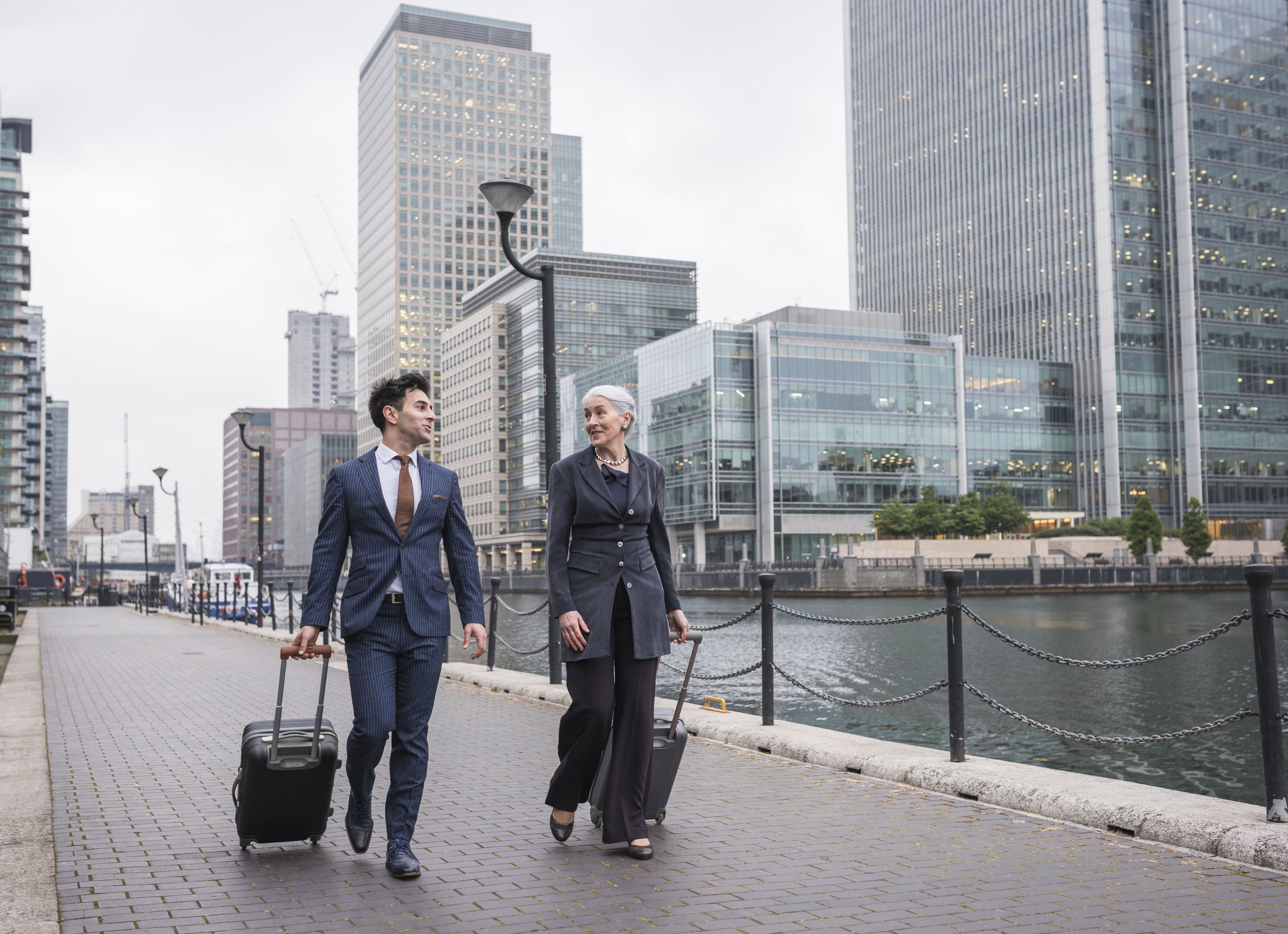The E-2 visa program, a type of E visa, serves as a guiding light for foreign entrepreneurs eager to establish and expand their ventures on American soil. Tailored for investors from select nations with which the United States maintains treaties of commerce and navigation, this visa category has emerged as a pivotal conduit for fostering global economic partnerships. In this comprehensive guide, we embark on a journey to demystify the intricate realm of E-2 visa eligibility, illuminating the diverse range of nations that have attained this coveted status. From economic powerhouses to burgeoning markets, the E-2 visa countries represent a spectrum of opportunities for ambitious entrepreneurs looking to make their mark on U.S. soil.
Through rigorous research and astute analysis, we will compile an invaluable table outlining the countries currently eligible for the E-2 visa, complete with the pivotal years when each treaty came into effect.Additionally, we will scrutinize the critical aspect of countries without a Treaty of Friendship, Commerce, and Navigation with the United States, offering essential insights for entrepreneurs navigating this dynamic international landscape.Join us as we navigate through the complexities of the E-2 visa program, empowering ambitious global business leaders to make well-informed decisions and embark on their entrepreneurial journey in the United States with confidence.
What is the E-2 Visa and Treaty Investor Status?
The E-2 Visa is a non-immigrant visa that allows foreign nationals from treaty countries to invest in and operate a business in the United States. In addition to the E-2 Visa, the E-1 Visa, also known as the Treaty Trader Visa, is available for individuals from countries with commerce treaties with the U.S.This visa category is specifically designed to foster economic collaboration between the U.S. and countries with which it maintains qualifying international agreements. Treaty Investor Status refers to the specific immigration classification associated with the E-2 Visa, enabling citizens of these treaty countries to apply for the visa and engage in substantial investment activities within the U.S.The essence of the E-2 Visa lies in its ability to facilitate the entry of investors who are committed to contributing to the U.S. economy through their entrepreneurial ventures.By leveraging the benefits of treaties of commerce and navigation, the E-2 Visa program opens doors for foreign investors to establish and grow their businesses on American soil, thereby promoting mutual economic growth and development.

Who is eligible for E2?
Eligibility for the E-2 visa is contingent upon several key criteria. Firstly, applicants must be citizens of a country with which the United States maintains a Treaty of Friendship, Commerce, and Navigation or a Bilateral Investment Treaty, known as a qualifying international agreement, thus establishing the foundation for economic collaboration. Additionally, individuals seeking an E-2 visa must be actively engaged in the development and operation of a bona fide enterprise within the United States.This entails a significant financial investment, the commitment to direct and oversee the business’s operations, and the potential to generate employment opportunities for U.S. workers.Moreover, applicants should demonstrate their intent to maintain an ongoing and substantial investment in the U.S., solidifying their long-term commitment to the enterprise and the American economy. Overall, E-2 eligibility emphasizes a genuine dedication to fostering economic growth and collaboration within the United States.
Non-Treaty E-2 Visa Countries Countries list
Which countries do not have an E-2 visa Treaty with the USA?
Countries without an E-2 visa treaty with the USA may be absent from the list due to a variety of reasons. One significant factor is that the establishment of such treaties requires a mutual agreement between the United States and the respective country.This entails negotiations and a willingness on both sides to engage in a formal economic partnership that facilitates investment and trade.
Non-Treaty E-2 Visa Countries Countries List Examples
Discover if you qualify to invest in a thriving U.S. franchise and secure your E-2 visa.
Check your eligibility
More Insights You Might Like
Explore related articles packed with expert advice, real stories, and practical tips to support your U.S. visa and relocation journey.






